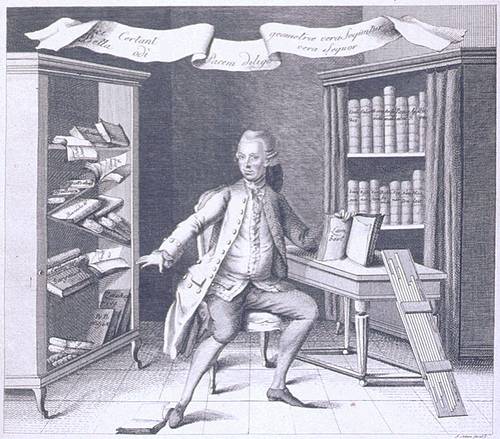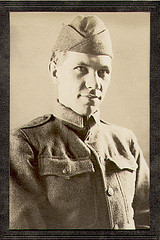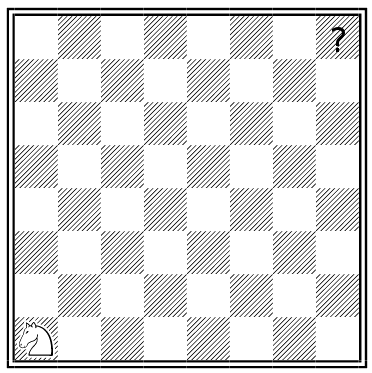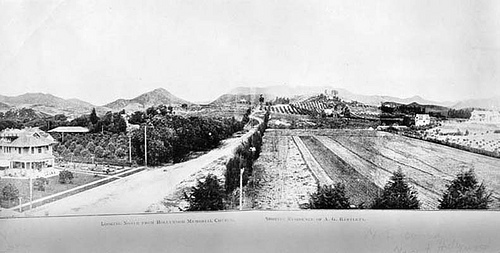From the American journal Scripta Mathematica:
An elementary school teacher in New York state had her purse stolen. The thief had to be Lilian, Judy, David, Theo, or Margaret. When questioned, each child made three statements:
Lilian:
(1) I didn’t take the purse.
(2) I have never in my life stolen anything.
(3) Theo did it.
Judy:
(4) I didn’t take the purse.
(5) My daddy is rich enough, and I have a purse of my own.
(6) Margaret knows who did it.
David:
(7) I didn’t take the purse.
(8) I didn’t know Margaret before I enrolled in this school.
(9) Theo did it.
Theo:
(10) I am not guilty.
(11) Margaret did it.
(12) Lillian is lying when she says I stole the purse.
Margaret:
(13) I didn’t take the teacher’s purse.
(14) Judy is guilty.
(15) David can vouch for me because he has known me since I was born.
Later, each child admitted that two of his statements were true and one was false. Assuming this is true, who stole the purse?





